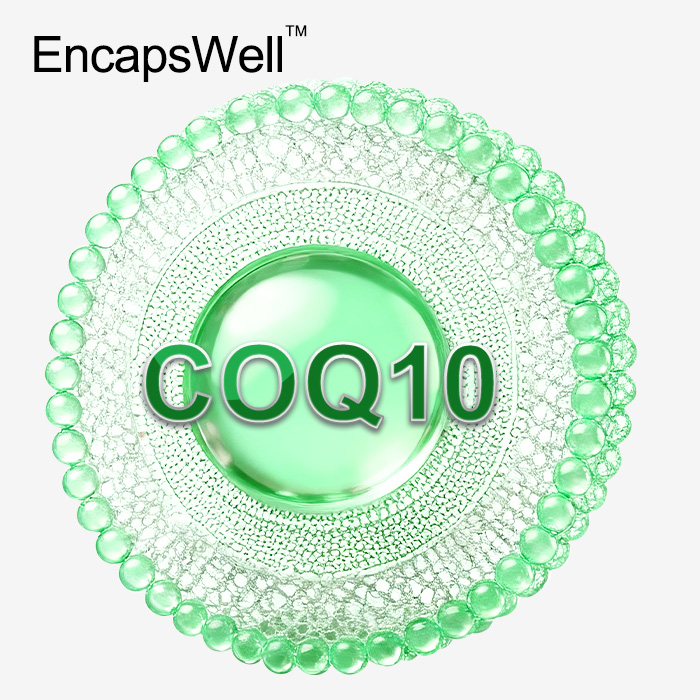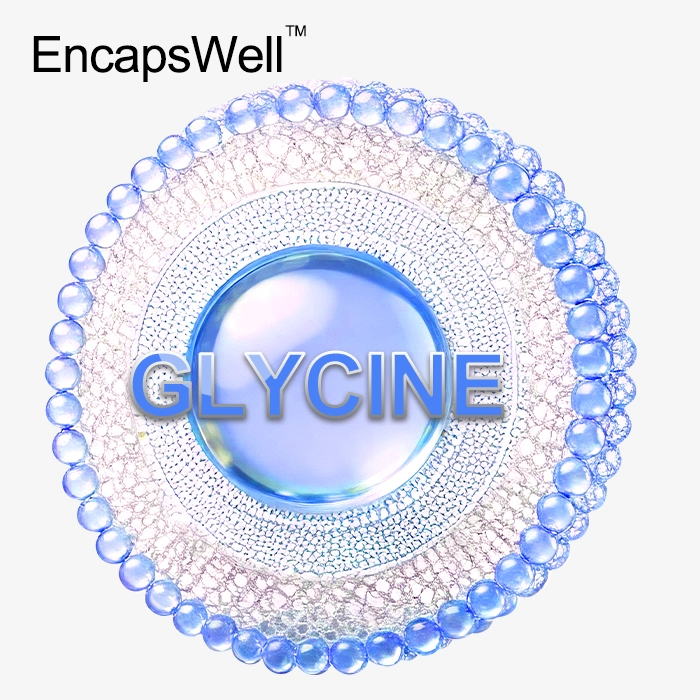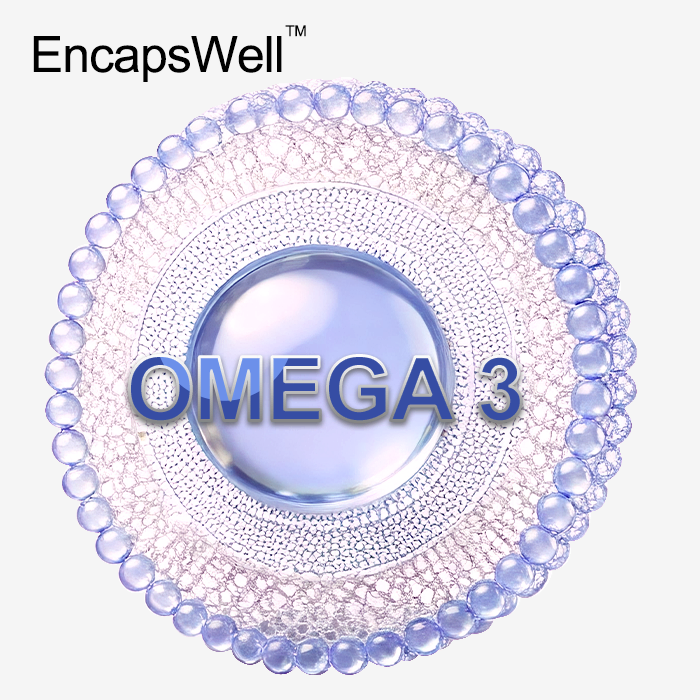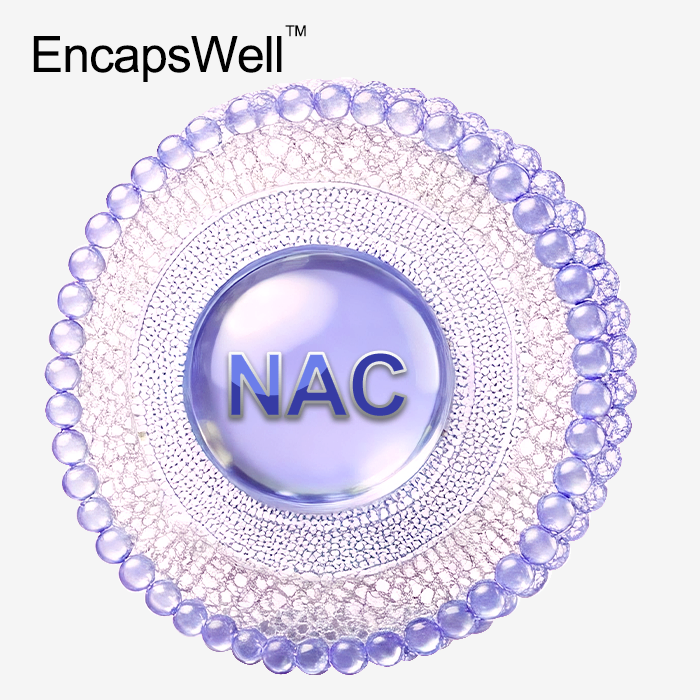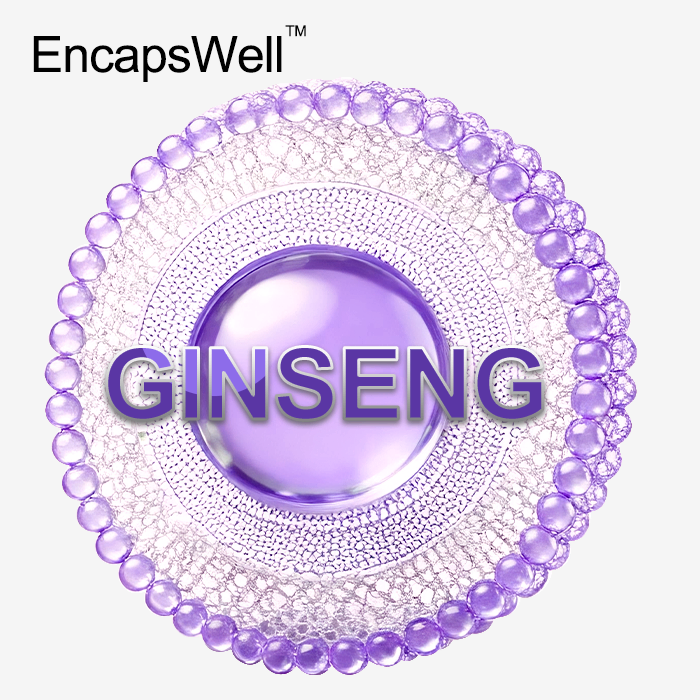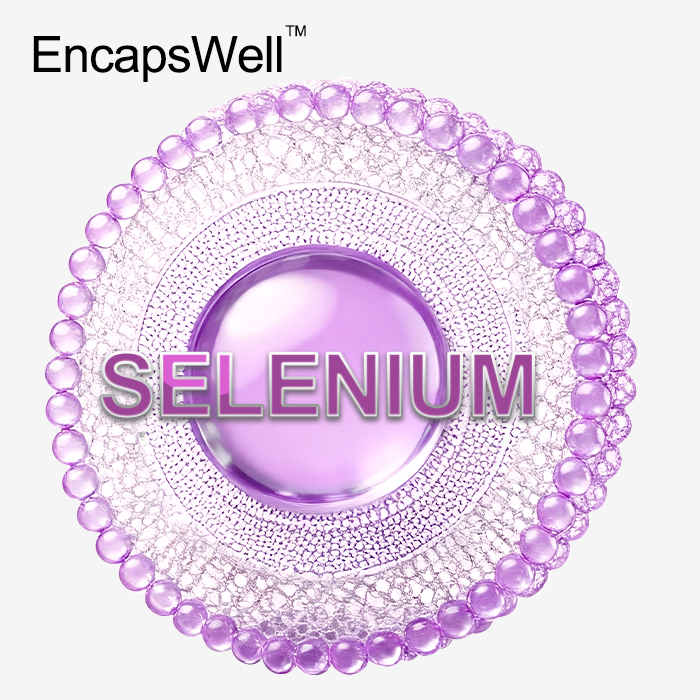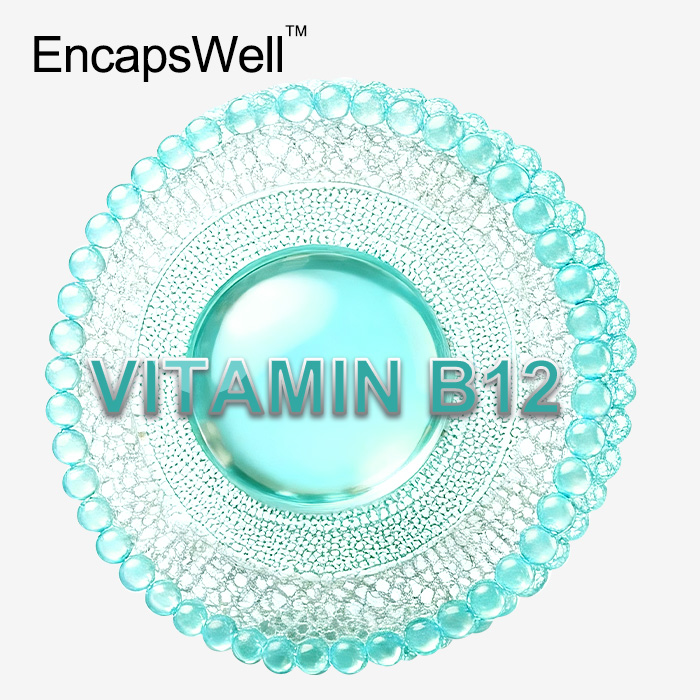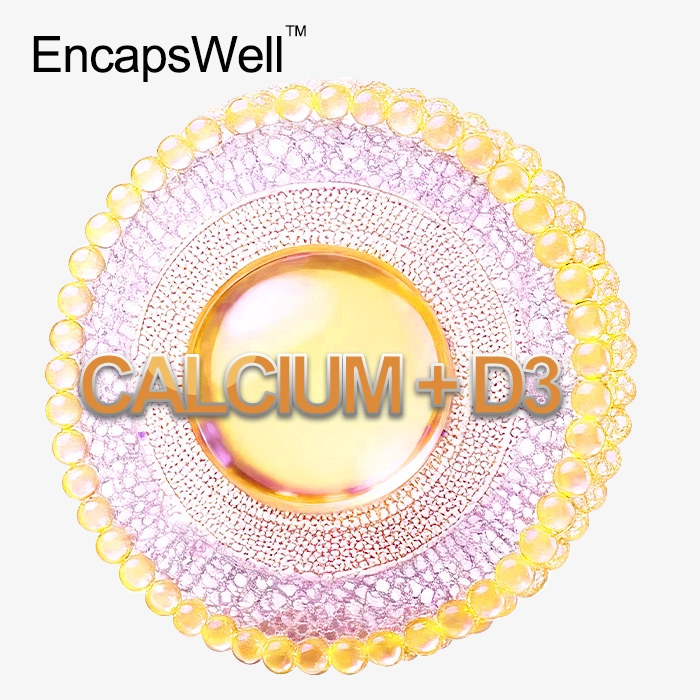How Liposomal Vitamin C Improves Skin Elasticity?
Liposomal vitamin C is a powerhouse for improving skin elasticity. It achieves this by directly fueling collagen production, the protein responsible for skin's firmness and structure. This advanced form of vitamin C is encased in a protective lipid layer. This unique structure significantly boosts absorption into the body. It ensures that more of the essential nutrient reaches your cells. Once there, it activates key enzymes required to build strong, stable collagen fibers. Furthermore, the potent antioxidant properties of a liposomal vitamin C powder shield existing collagen from environmental damage. This protection from factors like UV rays and pollution helps preserve the skin's youthful resilience and bounce, making it a cornerstone of effective anti-aging strategies.
The Science of Collagen and Vitamin C's Essential Role
Understanding Collagen: The Foundation of Skin Structure
Think of your skin as a mattress. Collagen fibers are the springs that provide its firm, supportive structure. This vital protein makes up about 75-80% of your skin's dry weight. It works alongside another protein called elastin, which provides the "bounce" or elasticity. Together, they create a strong and resilient dermal framework.
As we age, our body's natural collagen production begins to decline. This process starts as early as our twenties. Environmental factors like sun exposure and pollution accelerate this decline. When the collagen network weakens, the skin loses its firmness. This leads to common signs of aging like sagging, fine lines, and wrinkles. Therefore, supporting the body's ability to produce high-quality collagen is fundamental to maintaining smooth, youthful, and elastic skin.
Vitamin C as a Co-factor in Collagen Synthesis
Vitamin C is not just beneficial for your immune system; it is absolutely essential for collagen synthesis. It acts as a critical co-factor for two key enzymes: prolyl hydroxylase and lysyl hydroxylase. These enzymes are responsible for stabilizing and cross-linking collagen molecules. Without adequate vitamin C, this process cannot happen efficiently.
The body cannot produce the strong, triple-helix structure that gives collagen its strength. Instead, it creates weak and unstable collagen. This has a direct and visible impact on skin health. By ensuring a steady supply of vitamin C, you are providing the precise tool your body needs to build and maintain a robust collagen matrix. This process is the biological mechanism that links vitamin C directly to skin firmness and elasticity.
The Impact of Vitamin C Deficiency on Skin
The most extreme example of vitamin C deficiency is scurvy. This condition historically led to severe health issues, including bleeding gums and poor wound healing, all due to impaired collagen production. While clinical scurvy is rare today, many people experience sub-optimal levels of vitamin C. These lower levels can still negatively affect skin health over time.
A chronic lack of sufficient vitamin C can manifest as:
- Premature development of fine lines and wrinkles.
- A noticeable loss of skin firmness and elasticity.
- Dull, lackluster skin tone.
- Slower healing from blemishes or minor skin injuries.
Essentially, without enough vitamin C, the skin's structural integrity is compromised. It becomes less able to withstand the daily stresses that contribute to aging. This highlights the importance of consistent and effective vitamin C supplementation for long-term skin vitality.
Why Liposomal Delivery Unlocks Superior Skin Benefits?
The Bioavailability Challenge with Traditional Vitamin C
Traditional vitamin C supplements, such as standard powders or tablets, face a significant challenge: low bioavailability. When you ingest a high dose of conventional vitamin C, your body can only absorb a limited amount. The rest is often degraded by the harsh, acidic environment of the stomach or quickly flushed out of the system.
This "bowel tolerance" limit means that much of the vitamin C never reaches your bloodstream and, consequently, your skin cells. For example, the absorption of ascorbic acid can drop to below 50% for doses above 1 gram. This inefficiency makes it difficult to achieve the optimal vitamin C levels needed to robustly support collagen synthesis and provide powerful antioxidant protection, limiting the potential benefits for your skin.
How Liposomal Encapsulation Works?
This is where liposomal vitamin C changes the game. Liposomal technology encapsulates vitamin C molecules within a microscopic sphere made of phospholipids. These are the same fats that make up your own cell membranes. This clever design creates a protective bubble around the vitamin C.
This lipid bilayer shields the vitamin C from destruction in the digestive system. More importantly, because the liposome mimics a human cell, it can fuse directly with your intestinal cells. This allows it to deliver the vitamin C payload directly into the bloodstream and subsequently into your skin cells. It is a highly efficient and targeted delivery system, bypassing the usual absorption roadblocks.
The Measurable Advantage: Increased Absorption and Cellular Uptake
The primary benefit of liposomal encapsulation is a dramatic increase in bioavailability. Research has shown that liposomal vitamin C can increase absorption by 3 to 5 times compared to conventional, un-encapsulated forms. This means a significantly higher concentration of vitamin C reaches your cells where it is needed most.
For skin elasticity, this is a critical advantage. More vitamin C available to skin cells translates directly into:
- Enhanced activation of collagen-producing enzymes.
- Greater capacity to build a strong, resilient skin structure.
- Superior antioxidant defense to protect that structure from damage.
This superior cellular uptake ensures you get the maximum impact from your supplement. It makes liposomal vitamin C powder an exceptionally effective ingredient for formulations aimed at anti-aging and skin repair.
Beyond Elasticity: Comprehensive Skin Health with Liposomal Vitamin C Powder
Powerful Antioxidant Protection Against Skin Aging
Your skin is constantly under attack from free radicals. These are unstable molecules generated by UV radiation, pollution, and even internal metabolic processes. Free radicals cause oxidative stress, which is a primary driver of aging. They damage cellular components, including the vital collagen and elastin fibers that keep skin firm.
Liposomal vitamin C is a potent antioxidant. By effectively reaching the skin cells, it neutralizes these harmful free radicals before they can cause damage. This action helps to:
- Protect existing collagen from degradation.
- Preserve skin's natural elasticity and firmness.
- Slow down the visible signs of premature aging.
This protective function complements its role in building new collagen, offering a two-pronged approach to maintaining youthful skin.
Promoting Skin Brightness and an Even Tone
In addition to its structural benefits, vitamin C plays a key role in achieving a radiant, even-toned complexion. It has been shown to inhibit the activity of tyrosinase, an enzyme necessary for producing melanin (skin pigment).
By regulating melanin production, vitamin C can help address issues of hyperpigmentation. This includes concerns like dark spots, sun spots, and post-inflammatory marks left by acne. The superior delivery of a liposomal vitamin C supplement ensures that enough of the active ingredient reaches the skin to perform this function effectively. The result is a brighter, more luminous complexion and a more even skin tone over time. This makes it a valuable addition to any formulation targeting skin radiance.
A Gentle, High-Dose Option for Long-Term Skin Support
One of the drawbacks of high-dose traditional vitamin C is its acidity. It can often cause digestive discomfort or irritation, especially when taken consistently. This can deter users from maintaining the long-term regimen necessary to see visible skin benefits.
Liposomal vitamin C powder is formulated to be different. It is typically buffered and non-acidic. The phospholipid encapsulation not only improves absorption but also protects the stomach lining from the acidity of the ascorbic acid. This makes it exceptionally gentle on the digestive tract. This gentle nature makes it ideal for long-term, high-dose use, allowing consumers to consistently support their skin's health from within without experiencing unwanted side effects.

Conclusion
Liposomal vitamin C offers a scientifically advanced solution for enhancing skin elasticity and overall health. Its revolutionary delivery system overcomes the absorption limits of traditional forms, ensuring more vitamin C reaches your skin cells. This directly fuels the production of strong collagen, the very foundation of firm, youthful skin. It also provides powerful antioxidant defense, protecting that structure from premature aging. By incorporating a high-bioavailability liposomal vitamin C supplement into a formulation, you provide the skin with the critical tools it needs to rebuild and protect itself. This results in visibly firmer, brighter, and more resilient skin, representing a true innovation in inside-out skincare.
FAQs
What is the difference between liposomal Vitamin C and regular Vitamin C?
The main difference is bioavailability. Regular vitamin C is water-soluble and is not easily absorbed by the body, with much of it being flushed out. Liposomal vitamin C encases the vitamin in a lipid (fat) layer. This protects it from the digestive system and allows it to be absorbed far more efficiently into the bloodstream and cells, delivering a more potent dose.
How does liposomal vitamin C powder benefit the skin besides elasticity?
Beyond boosting collagen for better elasticity, it is a powerful antioxidant that protects skin from free radical damage caused by the sun and pollution. It also helps inhibit melanin production, which can reduce the appearance of dark spots and lead to a brighter, more even skin tone.
Is liposomal Vitamin C gentle on the stomach?
Yes. The liposomal encapsulation acts as a buffer, protecting the stomach from the natural acidity of vitamin C. This makes liposomal vitamin C powder a much gentler option that is less likely to cause digestive irritation, even at higher doses.
Partner with EmerWell for Your Premium Liposomal Vitamin C Formulation
Are you looking to develop a cutting-edge liposomal vitamin C supplement? As a leading liposomal vitamin C powder manufacturer and supplier, EmerWell is your ideal partner. Our PhD-led team and cGMP-certified factory leverage the proprietary EncapsWell™ platform to create superior, stable, and highly bioavailable products. We offer end-to-end OEM/ODM services to bring your vision to life. Partner with us for scientific excellence and market success. Contact our experts today at info@emerwell-bio.com to start your project.
References
Davis, J. L., et al. "Liposomal-encapsulated Ascorbic Acid: Influence on Vitamin C Bioavailability and Capacity to Protect Against Ischemia–Reperfusion Injury." Nutrition and Metabolic Insights, 2016.
Pullar, J. M., Carr, A. C., & Vissers, M. C. M. "The Roles of Vitamin C in Skin Health." Nutrients, 2017.
Granger, M., & Eck, P. "Dietary Vitamin C in Human Health." Advances in Food and Nutrition Research, 2018.
Boyera, N., Galey, I., & Bernard, B. A. "Effect of vitamin C and its derivatives on collagen synthesis and cross-linking by normal human fibroblasts." International Journal of Cosmetic Science, 1998.
Shade, C. W. "Liposomes as Advanced Delivery Systems for Nutraceuticals." Integrative Medicine: A Clinician's Journal, 2016.
Telang, P. S. "Vitamin C in dermatology." Indian Dermatology Online Journal, 2013.
Have a project in mind? Tell us your goals — we’ll help you make it real.

